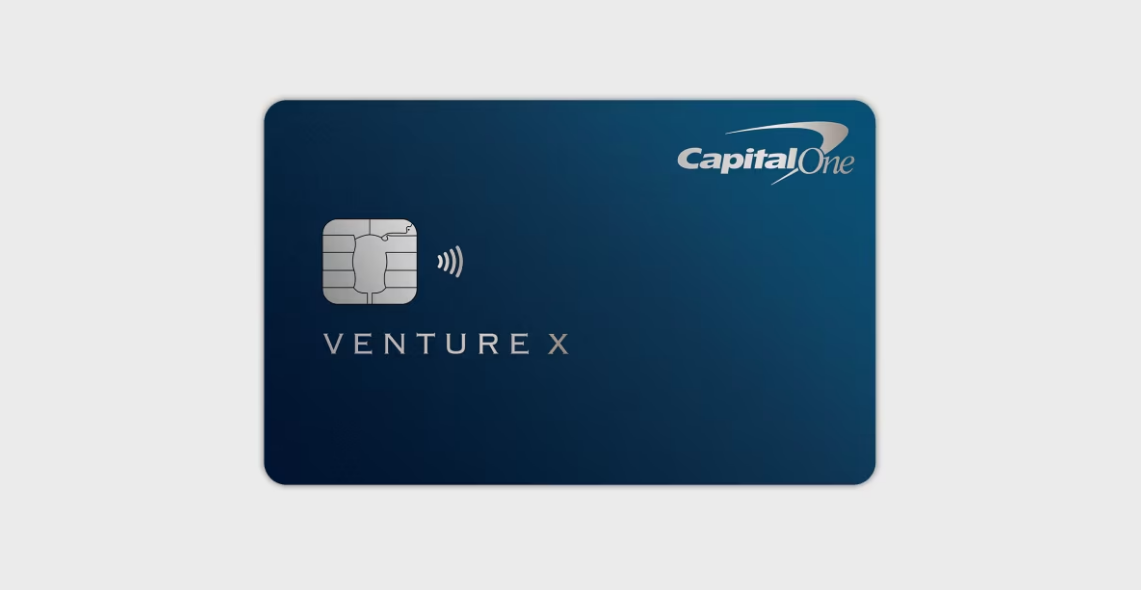Virtual cards are transforming online transactions in the UK by enhancing security and privacy. These cards allow users to make purchases without sharing their physical card details, reducing the risk of fraud. Key benefits include heightened security through unique, temporary card numbers and the ability to control spending by setting limits.
For online shoppers and businesses, virtual cards provide peace of mind and greater flexibility, making them a popular choice for secure digital transactions in the UK.
Page Contents
ToggleUnderstanding virtual cards

Virtual cards, also known as digital or e-cards, offer a convenient and secure way to shop online. These cards, generated digitally, work like traditional credit or debit cards with a 16-digit number, expiration date, and security code, but without a physical version. A key feature is the ability to create single-use cards or set spending limits, providing enhanced security.
For frequent online shoppers, virtual cards help protect against fraud by isolating transactions from your primary bank account. Even if a virtual card is compromised, your main account remains secure. Easily integrated into existing banking apps, they’re becoming a staple for UK consumers seeking safe and flexible online purchasing options.
How virtual cards enhance transaction security
In an era where cyber threats are increasingly advanced, virtual cards offer robust security features for UK users. By generating a unique, disposable card number for each transaction, they minimize the risk of fraud. Even if a hacker intercepts the details, they can’t reuse the card information for other purchases.
Additionally, virtual cards allow users to set spending limits and expiration dates, giving them control over how much can be spent and for how long the card remains valid. These features not only safeguard sensitive financial data but also provide peace of mind, helping users manage their online transactions securely in an uncertain digital environment.
The role of virtual cards in consumer privacy
Virtual cards offer a vital layer of privacy in an age of digital surveillance. By using them, consumers can make purchases without revealing personal information to merchants, which is especially beneficial on platforms with weaker data protection. Virtual cards also support anonymous transactions, preventing unwanted tracking of purchase histories and consumer behavior, a common issue with physical cards.
This ability to shield personal data aligns with rising consumer demands for privacy and discretion online. As awareness of privacy concerns grows, virtual cards are becoming an essential tool for protecting individual data in e-commerce, empowering users to shop without leaving a digital trail.
Advantages of using virtual cards in digital transactions
The benefits of virtual cards in the UK extend beyond security and privacy. They are also highly convenient and versatile, making them suitable for various transaction types. One of the notable reasons for their popularity is their compatibility with countless merchants and online platforms, enabling seamless shopping experiences.
Additionally, virtual cards facilitate budgeting and financial management. By being able to set spending caps, users have more control over their finances, avoiding impulse purchases and managing their budget more effectively. This added level of control is particularly appealing to younger consumers who rely heavily on digital transactions.
Further, digital cards support the seamless integration with mobile wallets and banking applications, allowing users to manage their finances on-the-go. This flexibility enhances the user experience and encourages more people to adopt virtual cards as a staple for their daily financial transactions.
Convenience and ease of use
One of the most attractive aspects of virtual cards is their convenience. With the ability to generate a card instantly via a banking app or online platform, consumers can make purchases without the delay associated with waiting for a physical card. Additionally, managing virtual cards is straightforward within apps that most consumers are already using.
Another convenience factor is their adaptability; digital cards can be used for a wide range of services including subscriptions, one-time purchases, or recurring payments. This versatility meets the modern consumer’s need for flexibility and ease of use.
Considering today’s fast-paced lifestyle, the ability to control virtual cards from a device makes digital cards an attractive alternative to traditional payment methods. It’s never been easier to manage multiple cards and transactions efficiently from virtually anywhere.
How businesses benefit from virtual cards
Businesses in the UK are also reaping the advantages of virtual cards. For startups and enterprises that manage numerous transactions daily, digital cards offer an efficient way to monitor and control expenses. With each department or team being assigned specific virtual cards, financial accountability and transparency are easily maintained.
Moreover, virtual cards speed up transaction processes, eliminating the need for cash advances or checks. This not only reduces administrative burdens but also streamlines financial management by providing detailed transaction reports instantaneously.
Businesses also appreciate the enhanced security that digital cards provide. By safeguarding their financial transactions, businesses can focus on growth initiatives without the added concerns of financial fraud or data breaches, making virtual cards a valuable asset for any UK business aiming to thrive in today’s digital economy.




